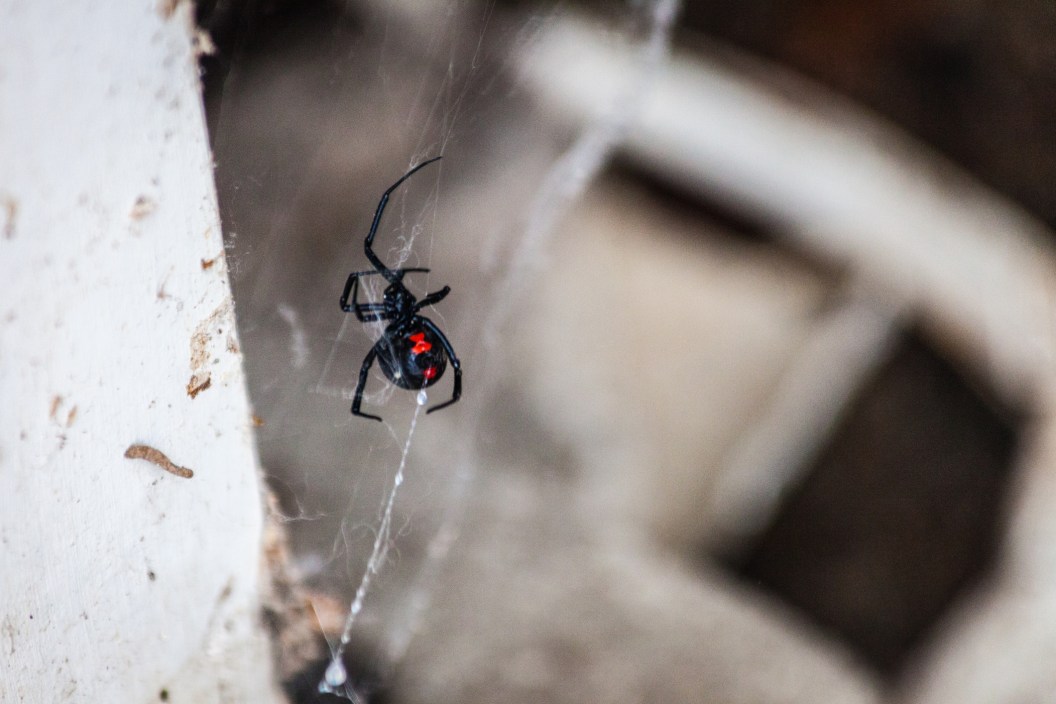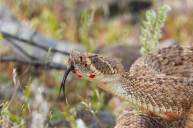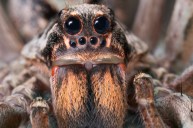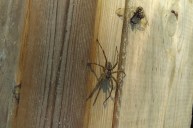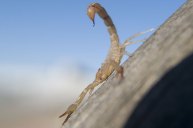All across Colorado, inky black spiders with a fire-engine red hourglass on the abdomen are creeping on spindly legs out of dusty crevices and into plain view. Folks in Colorado are reporting an increase in black widow spider sightings, according to the Denver Gazette.
A perfect mash-up of weather conditions may be contributing to a thriving black widow population in the state. Warm, wet weather helps boost insect populations, which in turn serve as food to black widow spiders. More food equals healthier populations.
"When you have increases in moisture, you usually have increases in insect populations," said Sara Stevens, director of animal collections at the Butterfly Pavilion, told KDVR. "So they're most likely thriving more due to the abundance of prey items more so than the weather itself."
Despite their reputation as dangerous and aggressive spiders, Dr. Paula Cushing, the senior curator in the zoology department at Denver Museum of Nature and Science, believes black widows aren't the threat they are made out to be.
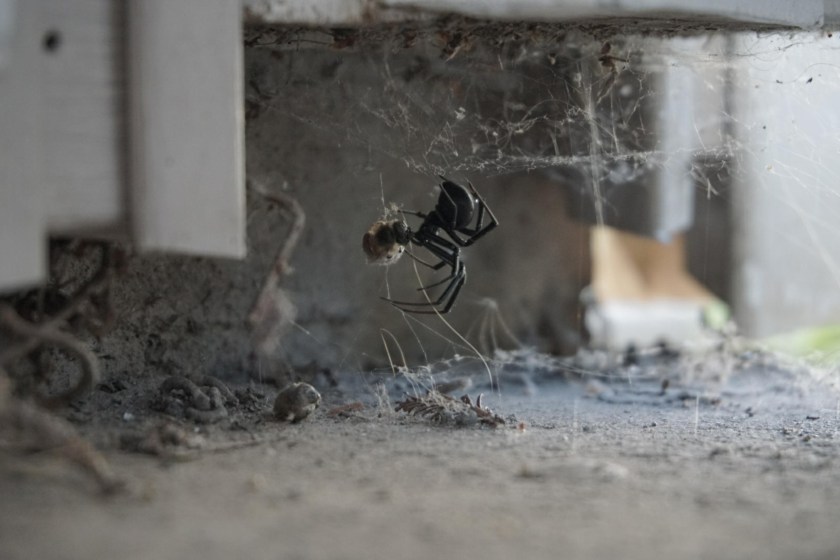
Getty
"Black widows are extremely timid spiders and are very unlikely to bite people unless they feel trapped and panicked," Cushing said. "Let's say someone's moving a piece of equipment out of their garage and don't realize a black widow is resting beneath or behind it and they accidentally press down on the spider. That spider will feel pretty dang trapped, so that's when it's going to bite."
Black widows can be identified by their shiny black appearance and telltale markings underneath. The abdomen bears a red to yellow hourglass design, which sometimes is not a full hourglass but rather two small triangles.
Black widow spider bites are rare, and death from a bite is even more rare. There has not been a death from a black widow bite in the U.S. since 1983. Bites aren't harmless, though. They often produce muscle pain, nausea, and mild paralysis of the diaphragm, which can make breathing difficult. Most victims recover, but a bite can be fatal, especially to very small children and the elderly.
"Usually even the amount of bites within a year are fairly minimal across the entirety of the United States," Stevens said. "It's usually less than a couple thousand and the ones that have complications that would require hospitalization are usually less than 28 a year. So black widows do get this really bad rap."
